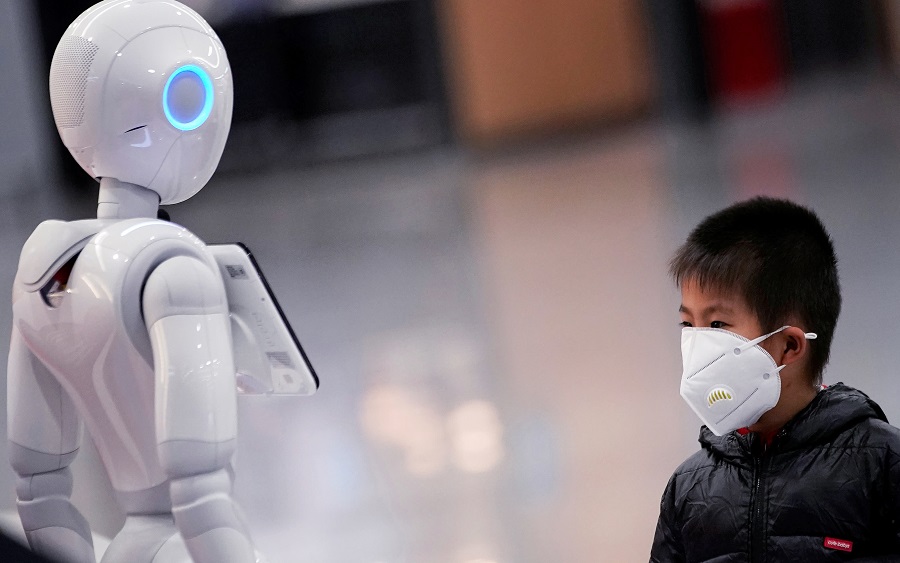These days, it seems all anyone can talk about is the epidemic that has taken over the world — Coronavirus. Fortunately, there has not been an alarming number of confirmed cases of COVID-19 in Nigeria, in comparison with the rest of the world. As a matter of fact, the two recorded cases from the past weeks are now confirmed to be cleared of the virus, which I think is great news.

The pandemic has resulted in economic fallouts globally, as many businesses are experiencing downturns. Apple, for example, one of the worlds’ biggest tech companies, warned its investors recently that it would miss its revenue targets for March because of supply chain disruption and fewer sales in China.
However, as businesses and stock markets struggle to stay afloat, some tech companies are seeing boosts in revenues. It has been said that in every crisis, there is an opportunity.
People in isolation around the world have turned to digital means to continue with their daily lives which means that now, more than ever, digital tools are proving to be vital, so tech companies are bound to benefit greatly from leveraging these opportunities:
Internet connectivity
Bandwidth and data consumption will definitely increase as, for many in isolation, the only means of communicating may wind up being solely digital. There will be an expected and urgent need for broadband internet access that is functioning and secure. Also, if this persists long-term, there will be a need for a better built out fiber-optic connectivity, especially to low-income citizens and rural areas.
(READ MORE: Coronavirus: Airline Operators of Nigeria demand restrictions on travellers)
Remote collaboration tools
People still need to get work done; businesses as well will begin to employ remote collaboration tools like Zoom, a video conferencing software, in order to eliminate the limitations that may arise due to the lockdown. With these tools, your team can still hold brainstorming sessions or even have simple check-ins. International tech companies like Microsoft and Google have taken the first leap by giving free access to live document collaboration to facilitate business activities.
Educational tools
A shift to homeschooling is becoming a reality for many around the world. To keep student learning afloat, educational apps will be maximized.

Entertainment
Streaming websites like YouTube and Netflix that monetize their content will no doubt see an increase in advert revenue, as more people use their platforms for entertainment. Businesses can also leverage visual content or video marketing to drive traffic via YouTube or any video streaming website to boost revenue.
Delivery services
The precept about social distancing has been encouraged; with that, many US consumers have been stocking groceries for long weeks to be spent at home. A significant number of these consumers have done their shopping online. This trend, due to the crisis, is expected to keep increasing with each day.











